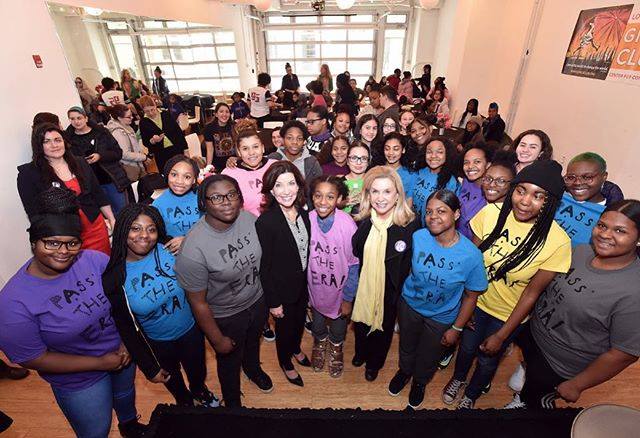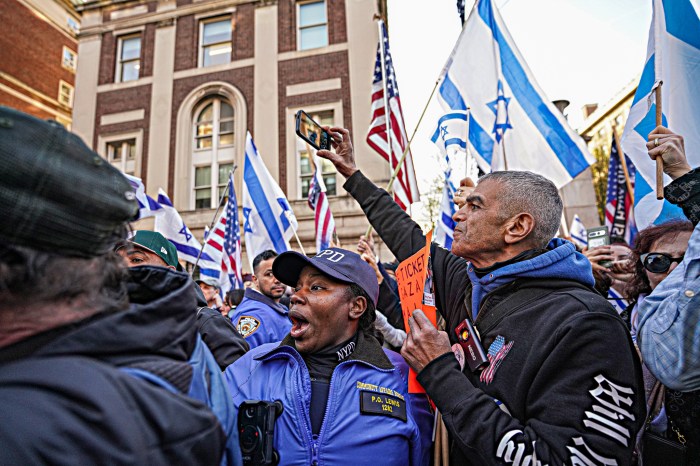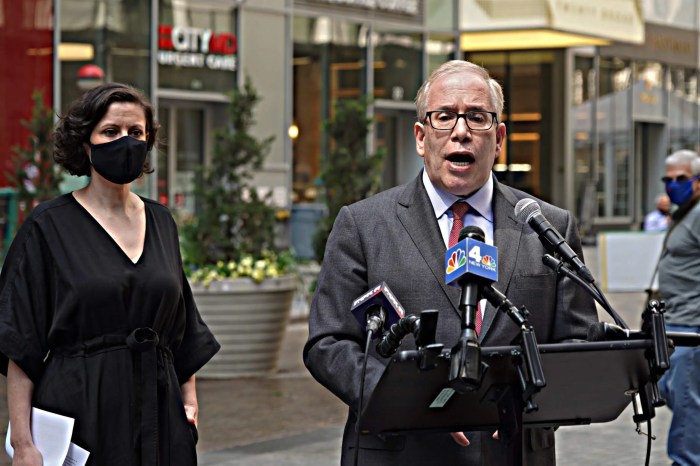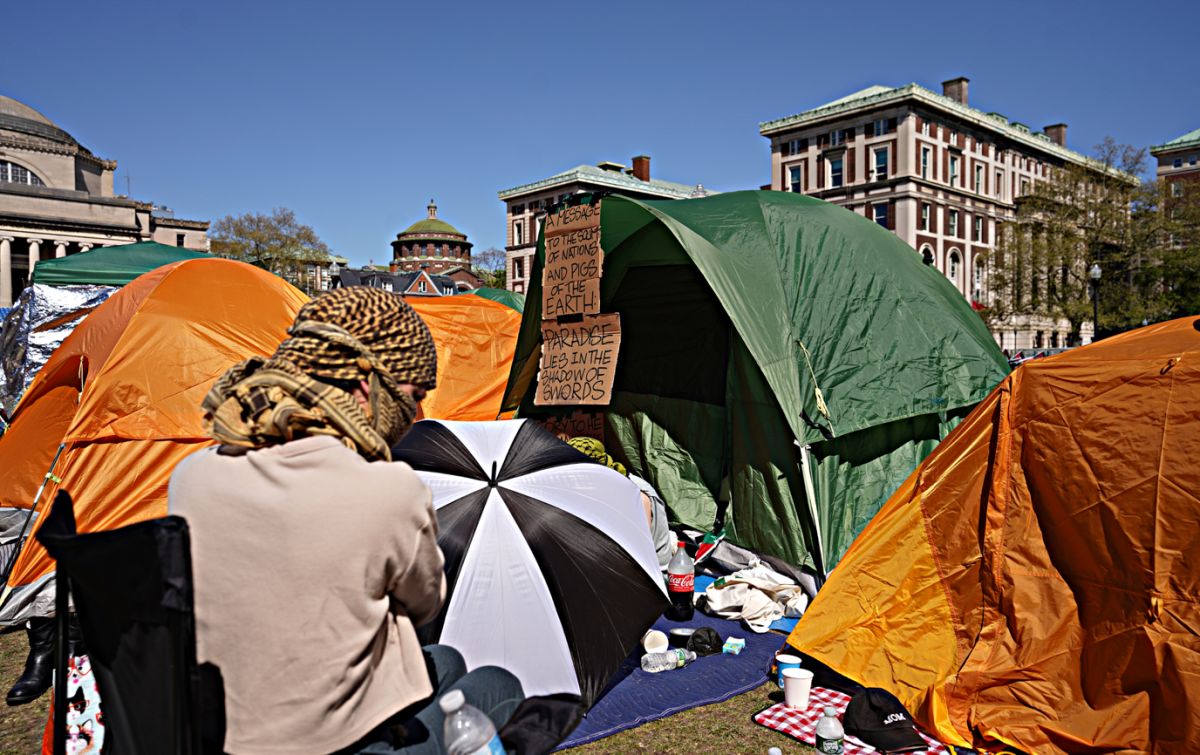BY ALEJANDRA O’CONNELL-DOMENECH | Last week, Congressmember Carolyn Maloney and Lieutenant Governor Kathy Hochul visited the Lower Eastside Girls Club to talk about an important issue for the teens — one that has also been an issue for women of all ages for decades.
What they told the young women is that they have the power to finally ratify the Equal Rights Amendment. The E.R.A. would guarantee equal legal rights for all Americans regardless of sex, something that has yet to be explicitly included in the U.S. Constitution. It’s an issue that both women have previously fought for.

“So what are we talking about here, the Equal Rights Amendment, have you ever heard of this before?” Hochul asked as the roomful of young women patiently sat in silence waiting for her explanation.
The E.R.A. was written and first introduced in Congress in 1923. In 1943 the amendment was rewritten to include its current wording: “Equality of rights under the law shall not be denied or abridged by the United States or by any state on account of sex.”
It was this version that was eventually passed by the Senate and the House of Representatives in 1972 by a two-thirds majority and sent for ratification with a seven-year deadline. The deadline was then extended to 1982. But by the time the deadline passed, only 35 states had ratified the amendment. In order for the E.R.A. officially to become part of the Constitution, 38 states need to ratify it.
“One would think that by now in 2019 we could fix that problem, right?” Hochul said. “What is the obstacle? Because we are simply trying to write the rights of women in our Constitution.”
The obstacle, according to Hochul is “people out there who want to keep the status quo. People who do not believe that women should be paid the same amount as men for doing the same job, have equal rights in the workplace, have access to childcare or should not have to worry about being harassed at school or work.
“We don’t get to sit on our sidelines anymore,” she said. “We have to be out there, and young people have tremendous power.”
Hochul then referenced the massive wave of teenage activism for gun reform following the Stoneman Douglas High School shooting in Parkland, Florida, on Feb. 14 of last year that killed 17 and injured 17 more.
“That is the power of young people,” she said.
While the lieutenant governor spoke of the future, Maloney reflected on the past — and announced a new effort to honor one particular women’s rights pioneer.
“This month I would like to do two things,” Maloney said. “I want to put in a bill in Congress to create a statue for Harriet Tubman.”
The congressmember did not specify where the new statue might be located. New York City is already home to a sculpture of the abolitionist at the Harriet Tubman Memorial in Harlem.
The second woman Maloney wants to honor is Supreme Court Justice Ruth Bader Ginsburg, whose image was the victim of anti-Semitic graffiti at the Nassau Ave. G-line subway stop in Brooklyn on March 14.
“I think that the best way to fight back is why don’t we name a post office after Ruth Bader Ginsburg,” she said. “Let’s fight back.”
Maloney then thanked Assemblymember Rebecca Seawright for her work in passing the Equal Rights Amendment Resolution in the New York State Assembly in 2017, calling on Congress to act on the long-stalled amendment. Maloney also thanked state Senator Julia Salazar, chairperson of the Committee on Women’s Health, who is introducing the same piece of legislation in the state Senate.
Both politicians had representatives in the room.
Although most in the room were on the same page as the congressmember and lieutenant governor, some wanted to know if the E.R.A. as it stands now, really is as progressive and inclusive as the pols presented it to be.
“How do you plan to address the intersectionality of gender and orientation?” asked Shandra Rogers, 17, one of the Girls Club members. Rogers added that the idea of gender is very different in 2019 than it was when the E.R.A. was drafted decades ago.
According to reporting from Politico, some progressives, including state Senator Liz Krueger, believe the act’s language is too limiting, and that there should indeed be more categories, such as gender expression, pregnancy and mental disability. Krueger introduced an amendment two years ago that included 12 new categories.
But Maloney stated that she thought the language of the amendment as it stands was completely inclusive.
“We are very cognizant of the need to make sure that we don’t hit this intersectionality and make that the view of gender is not just binary,” Hochul said.
“In my opinion, it covers everybody,” Maloney said.

















